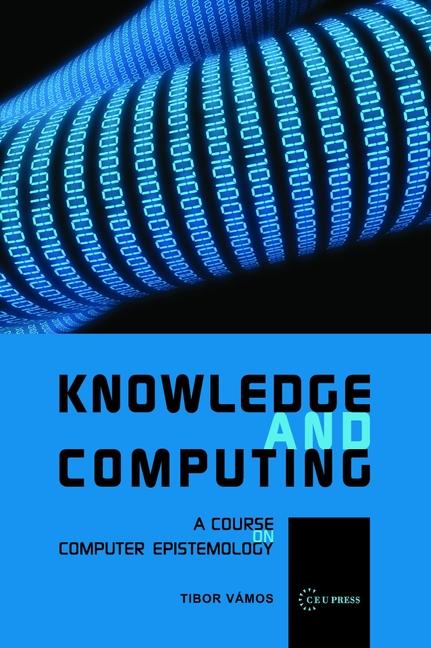
Zustellung: Do, 07.08. - Mi, 13.08.
Versand in 3-4 Wochen
VersandkostenfreiTheoretical analysis of the most pragmatic device of today's world: the computer.
Inhaltsverzeichnis
Acknowledgements Preface of Computer Epistemology 1991 Foreword Part 1 Why computer epistemology? 1.1 Prologue: why? 1.2 Knowledge about knowledge 1.3. Did it start also with the Greeks? 1.4. An important addendum about the not formalized human issue Part 2 Algebra, the discipline from the simplest to the most general 2.1 Introduction to the Game of Life and thinking 2.2 Algebra, the ladder from counting to coordinatizating the universe 2.3 Sets, other entity abstractions 2.4 Algebraic operations in highly practical roles: computational classes 2.5 Two examples of application algebraic methods 2.6 Abstracted reality: reflections in the brain and resume Part 3 Logic, the origin of all programming 3.1 Basic problems 3.2 Logic in computers, now 3.3 About final truth, epistemic ethics Part 4 How uncertain uncertainty is? 4.1 Long story of uncertainty about uncertainty 4.2 Late evolution 4.3 The pragmatic view of methodologies Part 5 Excursion to the fields of ontology, Being and beliefs 5.1 Ontology, homunculus, constructive skepticism 5.2 Ethics: our pragma: useful and necessary 5.3 Analytic versus metaphysical, logic versus pattern 5.4 Future human roles and attitudes and constructive skepticism Part 6 Conclusions Appendices References Name index Subject index
Produktdetails
Erscheinungsdatum
20. Februar 2010
Sprache
englisch
Seitenanzahl
226
Autor/Autorin
Tibor Vámos
Verlag/Hersteller
Produktart
gebunden
Gewicht
476 g
Größe (L/B/H)
231/155/18 mm
ISBN
9789639776647
Bewertungen
0 Bewertungen
Es wurden noch keine Bewertungen abgegeben. Schreiben Sie die erste Bewertung zu "Knowledge and Computing" und helfen Sie damit anderen bei der Kaufentscheidung.








